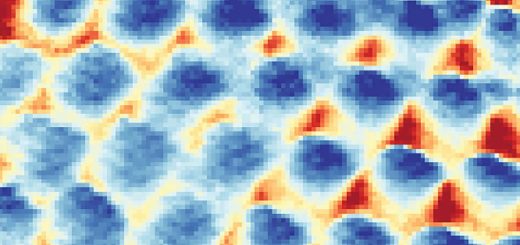Your chance of having a boy or girl may not be 50/50
We commonly think that sperm determines the sex of a child, depending on whether it carries an X or Y chromosome, but a study now suggests that a woman’s age is also a factor
By Carissa Wong
18 July 2025
A woman’s age may determine whether she has only sons or daughters
Marko Pekic/Getty Images
You may assume that a woman’s chance of having a son or daughter is 50/50, similar to a coin toss, but it appears that some women may be more likely to have children of only one sex.
“From personal experience, I’ve seen friends [and] family members that have only girls or boys in their family,” says Siwen Wang at Harvard University. “This raises the question of whether it’s purely chance, or is there some underlying biology that could explain this phenomenon?”
Read more
Self-centred, spoiled and lonely? Examining the only child stereotype
Advertisement
The ratio of boys to girls at birth is roughly 50:50 at a population level, mainly because men’s sperm are about equally likely to contain an X or a Y chromosome, which determines a child’s sex.
But Wang and her colleagues wondered if women may also play a role. To learn more, they analysed data collected from more than 58,000 mothers in the US who had previously enrolled in two separate studies on contraception and maternal health. Of these women, 61 per cent had two children, 30 per cent had three children, 8 per cent had four children and the remaining women had five or more.
The researchers compared the sex of the women’s children with eight maternal traits: height, body mass index, race, hair colour, blood type, chronotype (the time of day when they’re most alert), age at first menstruation and their age when they had their first child, which ranged from 13 to 48 years old.


